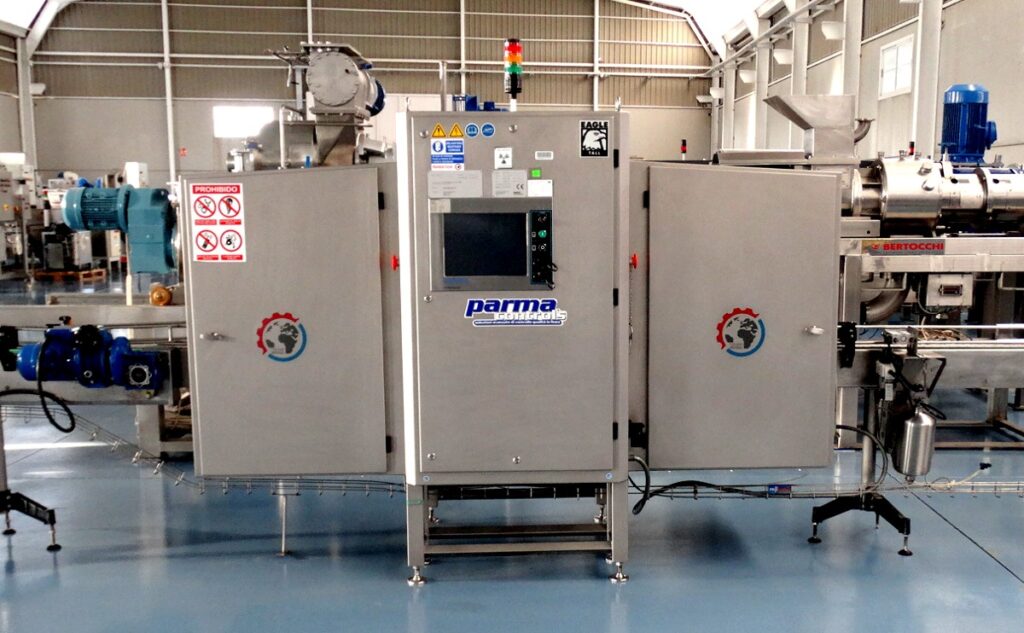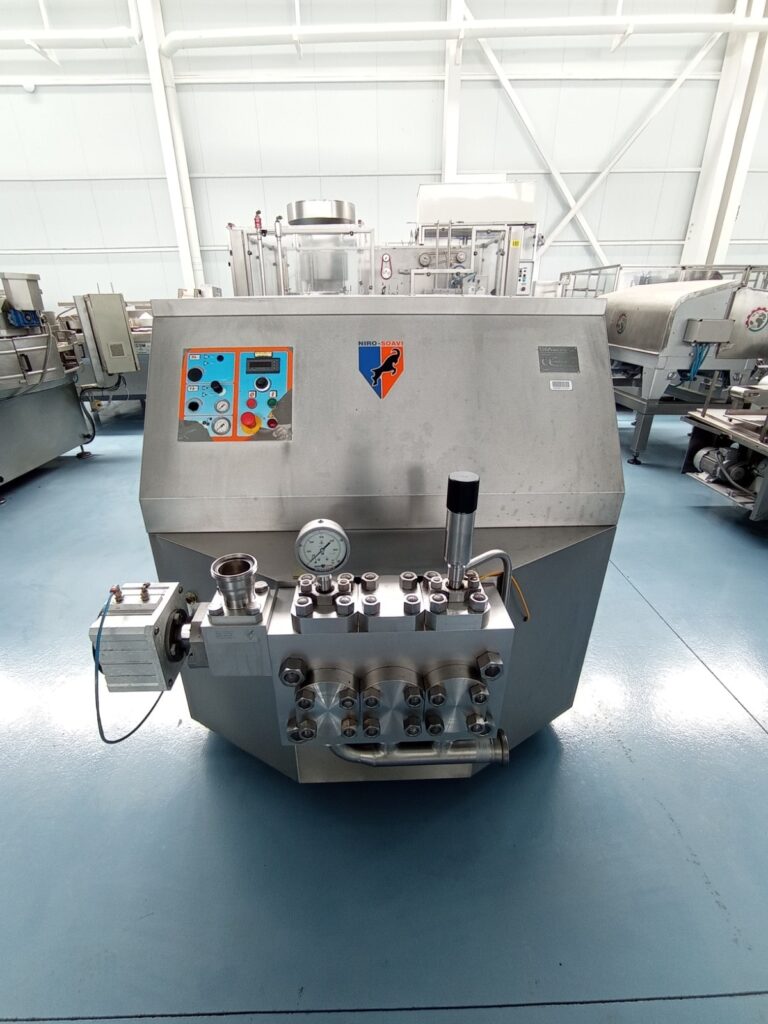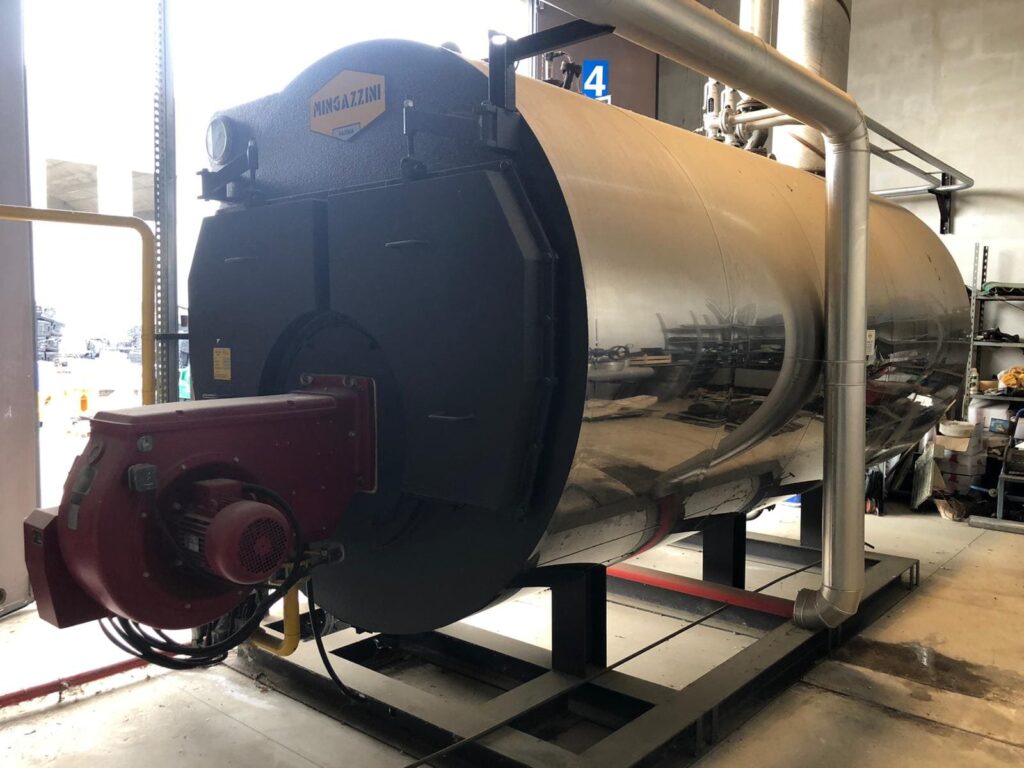WHY ARE HYGIENE AND SAFETY THAT IMPORTANT WITHIN THE FOOD INDUSTRY?
In our sector, we work in the manufacture of food and beverage products which will be consumed by the general public.
For this reason, we must always guarantee the security and the healthiness of our products. Risks may arise due to several reasons:
- Biological cause: the breakdown of food by reason of microorganisms and toxins. Worker disease transmission is included here.
- Chemical cause: contact between food and cleaning products or machines lubricants.
- Foreign particles of any kind.
Any investment made within this area will be always the right and smart decision.
Many factories have been forced to take some of their products off the market for this reason and the consequences of this have been devastating for the business.
FOOD REGULATIONS
The Law stablishes the obligation of food companies to ensure their products will not cause any disease or poisoning to consumers. In this field, there are many regulations in forcé:
- Both national Spanish (CTN 317) and international (CEN/TC 153, ISO/TC 293) standards.
- Spanish Law: Law 28/2015, of 30 July, for the Defense of Food Quality; Royal Decree 1644/2008, of 10 October, Whereby the Rules for Marketing and Implementation in Service of the Machines…
- European Laws: Regulation CE 1935/2004, of 27 October 2004, of the European Parliament and the Council, on materials and articles intended to be in contact with food; Regulation CE 2023/2006, of 22 December 2006, of the Commision, on Good Manufacturing Practices for Materiales destined to be in contact with food; Directive 2006/42/CE of the European Parliament and of the Council, of 17 May 2006, on Machinery (the basis for CE marking)…
- Good practices manuals on food handling and hygiene.
- Design and materials rules and directives: EHEDG, Ecolab, FDA, HACCP…
And that is a non-exclusive list. The fact that policy makers take this issue very seriously gives us an idea about its importance.
These are all very strict regulations. A great deal of them is closely related to machines, since they are in direct contact with the products throughout the process.
THE CONTACT WITH PRODUCT DEFINES EVERYTHING
As we saw in the previous post on the design of factories (link), safety areas (basic/medium, high and extreme/white room) are actually determined by the degree of product exposure to external pollutants.
This contact will also determine the material equipment has to be built in (stainless steel AISI 304, AISI 316L) and even our workers’ clothes.
In any case, we should bear in mind that all the safety aspects should not have a negative impact on the efficacy and production in our lines. Otherwise, our competitiveness could be at stake.
10 KEY MACHINES IN HYGIENE AND SECURITY TO ENSURE FOOD SAFETY
We will now talk about 10 very important machines when it comes to food security that you will find in our stock regularly:
1. AUTOCLAVES
We have already spoken about them in several occasions. With these machines, canned products undergo high temperature and pressure so that all the microorganisms inside the container die.
2. TUBULAR PASTEURISERS
Their function is similar to autoclaves’. However, the elimination of microorganisms by the heat is done continuously with product flowing.
H3: 3. HOTBREAKS
Hotbreaks are in charge of enzymatic deactivation through a thermal process. Enzymes are the molecules that make fruit and vegetables ripe.
4. ASEPTIC FILLERS
The aseptic filling is one of the safest in terms of hygiene and safety. This system is characterized by working with previously sterilized containers and product.
This process is carried out at room temperature, respecting the products’ characteristics to a greater extent.
5. CIP (CLEAN IN PLACE)
CIP’s are cleaning systems that make it possible to wash the inside of installations and pipes without any dismantling.
This type of machines allows to handle the 4 parameters of Sinner’s circle: cleaning product (or chemical action), mechanical action, temperature and time.
6. OPTICAL SORTERS WITHIN THE FOOD INDUSTRY
With a series of sensors, optical sorters make sure all the unpacked raw material passing beneath them is compliant with certain parameters such as size and color.
They are used as well to detect foreign particles.
They provide more guarantees than the workers’ visual inspection.
7. METAL DETECTORS WITHIN THE FOOD INDUSTRY
Similarly to optical sorters, metal detectors spot ferrous and non-ferrous materials when food products pass beneath their arch.
They may have a rejection system which directly throws the non-compliant product out of the line. On the contrary, they may also completely stop the flow.
8. X-RAY DETECTORS WITHIN THE FOOD INDUSTRY
X-rays go further metal detectors, since they spot all kinds of foreign particles. These may be splinters, glasses, metal chips, etc…
This equipment is highly accurate, allowing the detection of the smallest particles even inside thin cans.
9. CAN, CRATES AND TRAYS WASHERS
It is important to keep jars and cans, as well as trays, clean to ensure the greatest possible safety. Some of them also include dryers.
10. INDUSTRIAL BOOT CLEANERS
A priori, we may think these cleaners are not important. However, boots may carry microbes and bacteria coming from the outside.
If the same operator works in different places, he must pass through these cleaners for disinfection before entering a white area.
MAQUINARIA TOMÁS GUILLÉN, EXPERTS IN HYGIENE AND SECURITY WITHIN THE FOOD AND BEVERAGE INDUSTRY
As we observed, food safety protects both consumers and our brand. For that reason, we should pay extra attention to all these aspects.
In Maquinaria Conservera Tomás Guillén we take food hygiene and safety very seriously. Our machines include the CE marking and are manufactured in stainless steel.
For our stock, we only choose the machines that ensure food security and safety. We always pay attention to potential accumulation points of waste and bacteria. For us it is important that they are easy to clean.
Our aim is to supply safe and secure machinery lines. Do not hesitate and contact us to receive counseling on food safety and rules on preventive controls.




